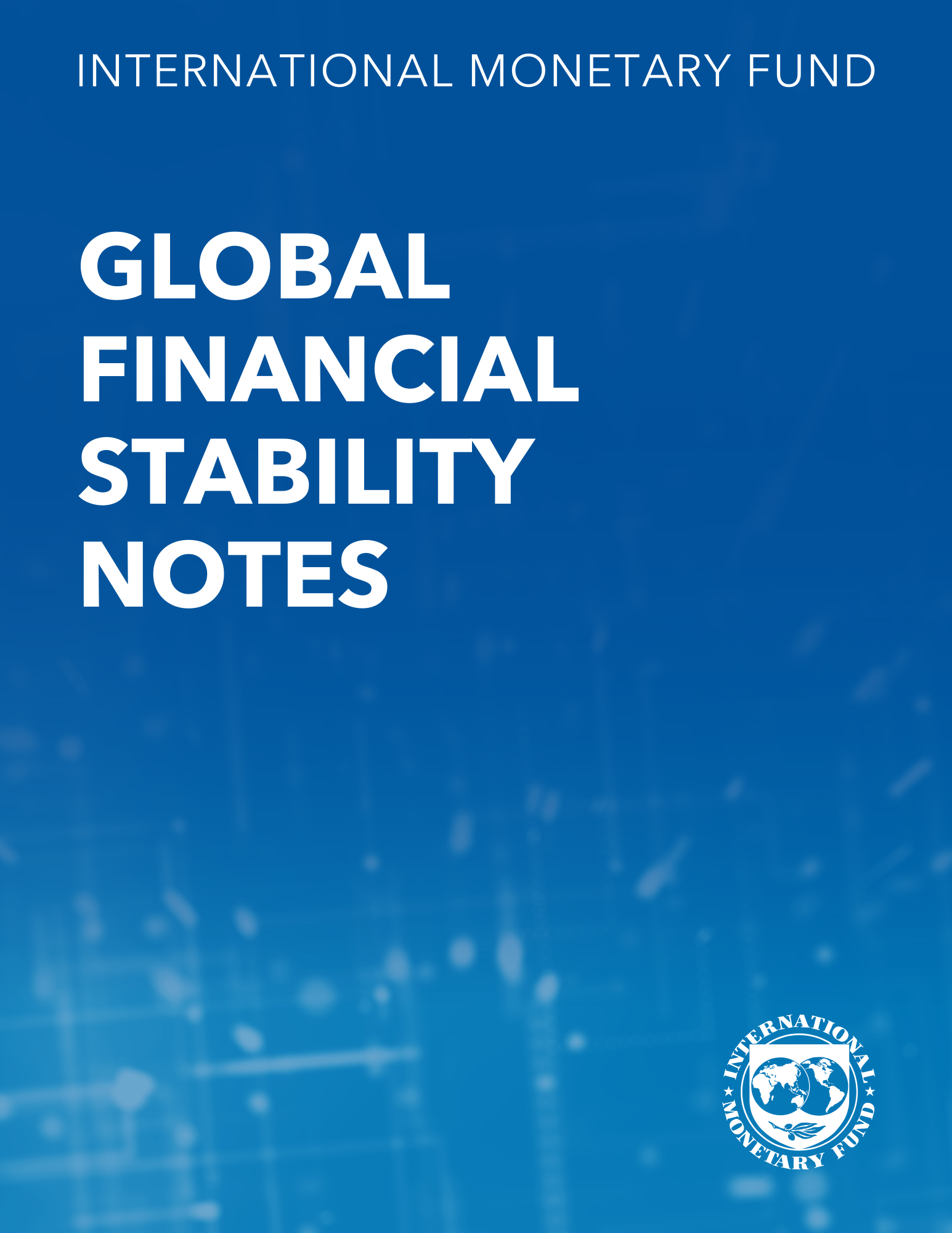Real Effects of the Subprime Mortgage Crisis: Is it a Demand or a Finance Shock?
July 1, 2008
Disclaimer: This Working Paper should not be reported as representing the views of the IMF.The views expressed in this Working Paper are those of the author(s) and do not necessarily represent those of the IMF or IMF policy. Working Papers describe research in progress by the author(s) and are published to elicit comments and to further debate
Summary
We develop a methodology to study how the subprime crisis spills over to the real economy. Does it manifest itself primarily through reducing consumer demand or through tightening liquidity constraint on non-financial firms? Since most non-financial firms have much larger cash holding than before, they appear unlikely to face significant liquidity constraint. We propose a methodology to estimate these two channels of spillovers. We first propose an index of a firm's sensitivity to consumer demand, based on its response to the 9/11 shock in 2001. We then construct a separate firm-level index on financial constraint based on Whited and Wu (2006). We find that both channels are at work, but a tightened liquidity squeeze is economically more important than a reduced consumer spending in explaining cross firm differences in stock price declines.
Subject: Asset prices, Commodity prices, Liquidity, Liquidity indicators, Stocks
Keywords: demand sensitivity, liquidity constraint, price movement, stock price, subprime mortgage crisis, WP
Pages:
37
Volume:
2008
DOI:
Issue:
186
Series:
Working Paper No. 2008/186
Stock No:
WPIEA2008186
ISBN:
9781451870442
ISSN:
1018-5941






